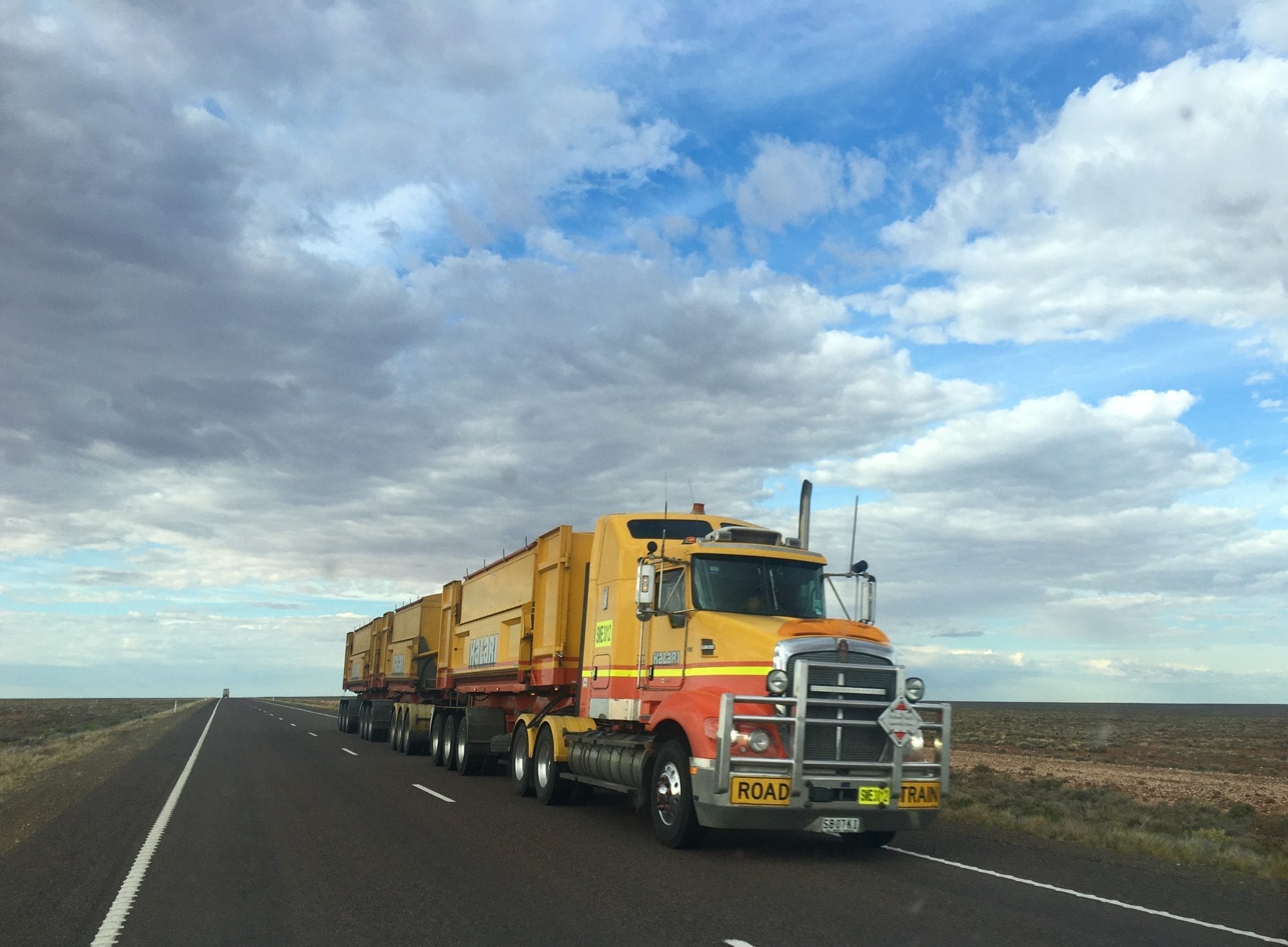Court Says Oil Company Lawsuit Can Move Forward
The daughter of trucker David Chambers Sr. decided to move forward with a lawsuit after her father was severely burnt while responding to a Crescent, Oklahoma, oil well site to pick up waste water. The incident occurred on October 6, 2014, and Chambers, who was only 59 at the time, died three days later. The family’s attorney, T. Luke Abel, said his client was “horrifically burned” and “never made it out of the hospital.”
Glory Strickland filed the wrongful death lawsuit against Stephens Production and others in Oklahoma County District Court, alleging negligence for failure to properly operate, maintain and inspect the well and for failing to warn her father of dangerous conditions at the site. She seeks $300,000 in damages.
Attorneys for the company argued that a workers’ compensation law that went into place in 2013 granted it immunity from the lawsuit. The law was adopted to prevent frivolous lawsuits and reduce malpractice and liability insurance costs for physicians and businesses. Stephens filed a motion to dismiss, claiming the law indicates “any operator or owner of an oil or gas well…shall be deemed to be an intermediate or principle employer” for purposes of extending immunity from civil liability and the lawsuit, therefore, could not move forward. Strickland argued the law was unconstitutional and violated the idea of separation of powers.

The Oklahoma Supreme Court ruled that oil and natural gas companies can be sued by a worker who is injured or killed while on the job, striking down the state’s 2013 workers’ compensation law. In an 8-0 ruling, the court agreed with a district court judge who ruled the statute is an unconstitutional special law designed to treat the oil and gas industry differently than other industries. The court stated, “No valid reason exists for the special treatment of the oil and gas industry,” allowing the case to move forward. It has been returned to the district court for a full hearing and additional arguments.
Abel said, “We’re pleased with the result. We’re hoping to work toward a resolution.” He added, “They need to ensure that the legislation they pass is constitutional…We’re a big oil and gas state. This is going to have implications for oil and gas companies and injured workers. I think this benefits employees who are injured because it gives them at least a chance to be compensated for injuries suffered through a third party’s fault. It will treat the oil and gas sector like every other company is treated.”
Bob Burke, a workers’ compensation attorney in Oklahoma who lectures on the topic said he is not aware of any law passed in any other state that gave special treatment to any industry. “Before today’s decision, all employers in the state could be sued….except oil and gas operators,” Burke said.
The Occupational Safety and Health Administration reported that from 2003 to 2010, 823 oil and gas extraction workers were killed while on the job in the U.S. In addition to Chambers, 14 other workers were killed in similar situations in Oklahoma while working in mining, quarrying, and oil and natural gas extraction jobs in 2014, according to the U.S. Department of Labor’s Bureau of Labor Statistics.
Sources:
Supreme Court: Employees can sue oil and gas companies
Court: Oil Company Can Be Sued When Worker Injured or Killed


Join the conversation!